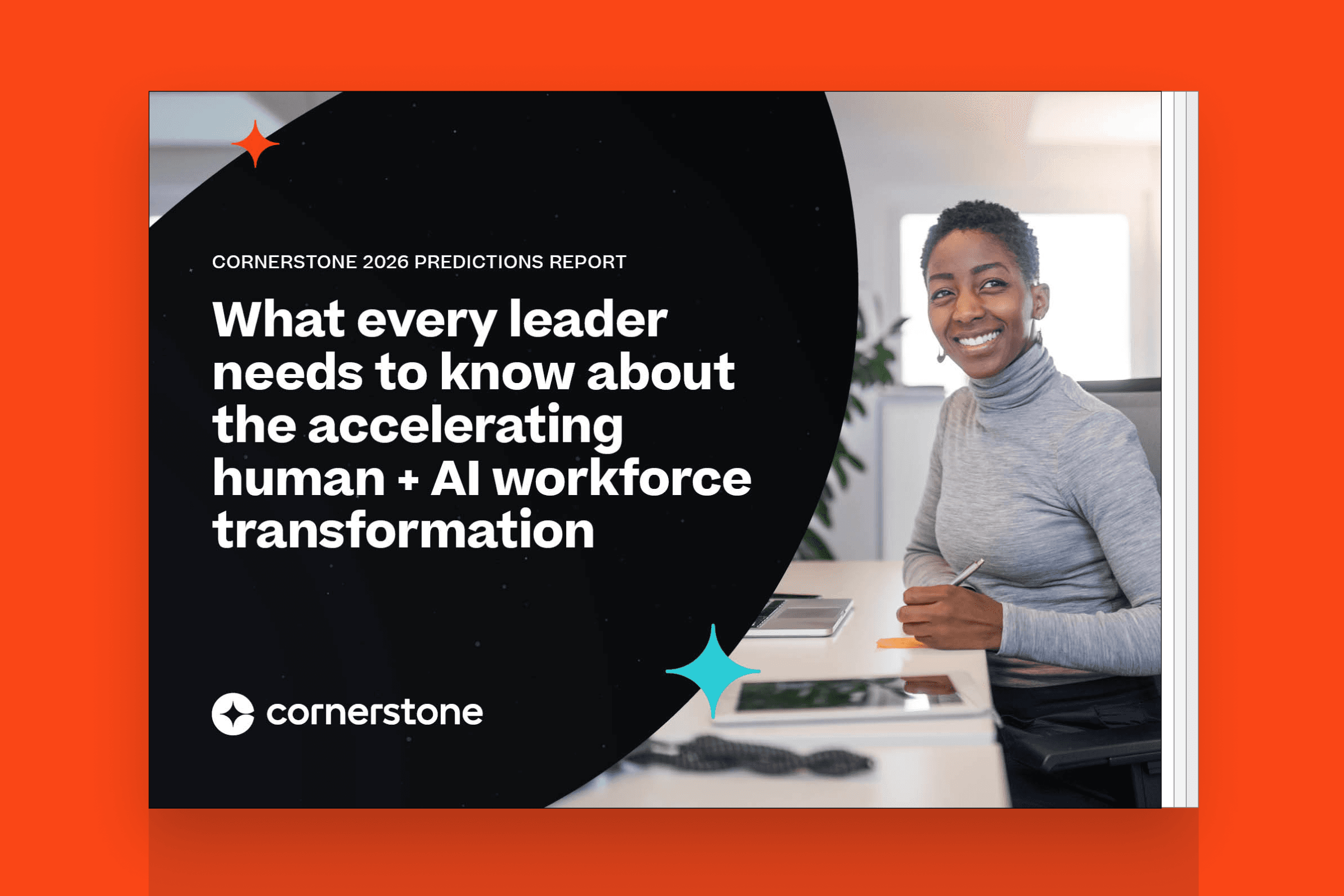Key Takeaways
- Diversity and Inclusion Drive Business Success. At the HR Tech Conference, the focus on DEIB, especially the role of women in HR tech, highlighted the business benefits of making everyone feel welcome. Rita Mitjans, ADP's chief diversity officer, stressed that inclusivity fulfills ethical mandates and boosts a company's bottom line.
- The conference highlighted the crucial role of data in hiring decisions, requiring HR teams to collect, understand, and apply insights strategically. Despite automation and AI reshaping job roles, human employees with essential soft skills like communication and leadership remain critical.
- Randi Zuckerberg’s keynote reminded attendees of an important lesson: the importance of taking risks and not fearing failure. This perspective encourages innovation and learning, vital components for personal and organizational growth in the ever-evolving HR technology landscape.
Though AI and automation continue to be top of mind for HR technology thought leaders at the annual HR Tech Conference and Expo, conversations surrounding diversity and inclusion, particularly the role of women in HR tech, took center stage.
Held at the Venetian Hotel in Las Vegas, the event covered topics ranging from the impact of data on hiring and the onset of automation, to the growing importance of learning management tools and why failure is a key part of business.
Here are five of our favorite take aways from the conference.
Diversity Is About Making Everyone Feel Welcome
This year's conference kicked off with an opening keynote about the business case for diversity, delivered by Rita Mitjans, chief diversity officer at ADP. Diversity is about more than just fulfilling a quota, Mitjans argued—rather, diversity makes a real business difference and contributes to the bottom line. Throughout her presentation, she shared why women quit their tech jobs, explained the importance of inclusivity and demonstrated how seemingly small "inequities" make people feel unwelcome at work.
Data Leads to Better Hires
Another key theme that emerged at the conference is the continued importance of data when it comes to making hiring decisions. New types of data are becoming significant for HR teams, and they must learn how to not only collect and understand it, but also apply insights to business strategy, IT industry analyst Brian S. Sommer, said.
The question of securing confidential employee data as it grows came up as well, and blockchain could be a possible solution, Jessica Griffin, vice president of global product management at Kronos, suggested. It's still early days, however.
Automation & AI Should Be Embraced as a Tool
Automation and artificial intelligence is already shaking up a number of jobs, eliminating certain roles altogether and significantly altering others.
Still, even as automation grows, there will be a need for human employees, even though their skill sets will have to be different, said Bill Schaninger, senior partner at McKinsey and Company.
Soft skills such as communication and leadership that can't so easily be taught to robots will be increasingly important.
Learning Management Tools are Gaining Importance
Presenters at the conference also looked ahead to the future of HR technology, and the new types of tools they'll need to recruit the best talent and keep existing employees engaged.
Josh Bersin, founder of Bersin by Deloitte, laid out a roadmap for attendees, highlighting the next wave of key tools. Notably, learning management technology will become increasingly important, he said, as will analytics and planning tools.
Don't Be Afraid to Fail
Throughout the four-day conference, attendees received a wealth of insight and knowledge on the latest in HR Technology. But among the most memorable bits of advice from the conference comes from a keynote presentation delivered by Randi Zuckerberg, founder and CEO of Zuckerberg Media. "Take risks and don't be afraid of failing," she told the crowd.
Header photo: Twenty20


